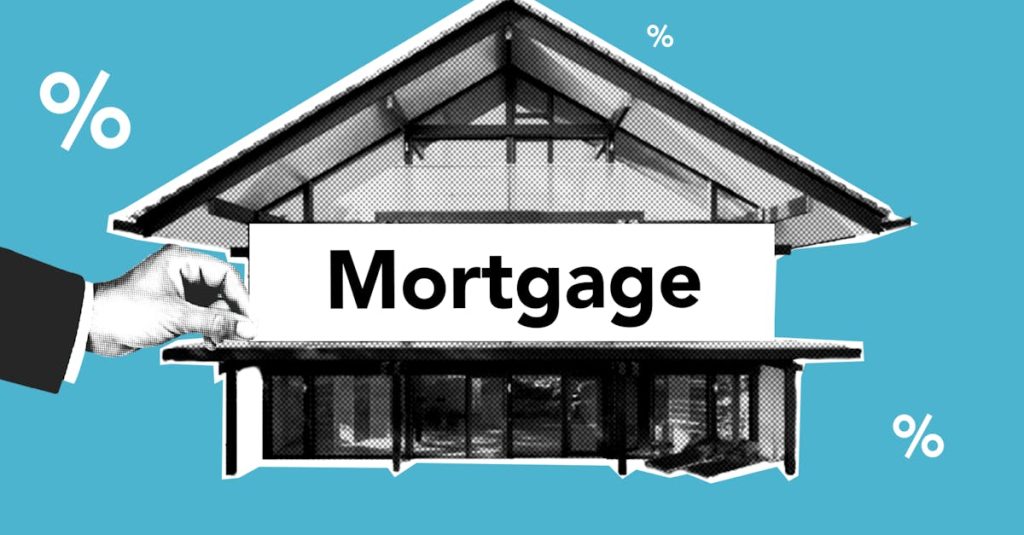Adapting to the New Normal: Strategies for Small Businesses to Navigate Higher Interest Rates and Inflation Trends in 2025
Estimated reading time: 5 minutes
- Understand the impact of higher interest rates and inflation on your business.
- Implement effective cash flow and inventory strategies.
- Diversify funding options to navigate financial pressures.
- Invest in technology for long-term efficiencies.
- Maintain transparent communication with customers regarding pricing changes.
- Understanding Higher Interest Rates and Inflation
- The Importance of Financial Strategies
- Practical Takeaways for Small Business Owners
- Looking Ahead
- Call to Action
- FAQ
Understanding Higher Interest Rates and Inflation
The Federal Reserve has increased interest rates multiple times in recent years to combat persistent inflation, which exceeded 6% in early 2023. As of 2025, the average interest rate for business loans is significantly higher than in previous years, impacting the cost of borrowing for small businesses. Additionally, inflation remains a critical concern: from rising inventory costs to increased wages, small businesses must navigate a tighter financial environment.
The Importance of Financial Strategies
Adapting your financial strategy in light of higher interest rates and inflation is essential. Here are several strategies that can help small businesses not only survive but thrive under these economic conditions:
- Refinancing Existing Debt: If your business has existing loans with high interest rates, consider refinancing them to take advantage of lower rates. This can free up cash flow that can be redirected towards other essential areas of your business. Big Think Capital is equipped to help you explore financing options that may be more favorable than your current arrangements.
- Enhancing Cash Flow Management: Effective cash flow management is crucial in times of inflation. Prioritize creating a detailed cash flow forecast that includes all expected incomes and outflows over the coming months. Regularly evaluate your expenses to identify areas where you can cut back without sacrificing quality or service. For instance:
- Review your subscription services for any non-essential tools or software.
- Negotiate with suppliers for better payment terms or discounts.
- Implement stricter credit policies for customers to ensure timely payments.
- Boosting Inventory Efficiency: With inflation driving up costs, maintaining an efficient inventory will help your bottom line. Optimize inventory management by:
- Using just-in-time (JIT) inventory systems to reduce overhead costs.
- Analyzing sales data to determine which products are in high demand and ensuring they are well-stocked while avoiding overstocking items that do not move quickly.
- Diversifying Funding Options: With traditional loans becoming more expensive, exploring alternative funding solutions is vital. At Big Think Capital, we offer a range of financing products that can provide the flexibility you need, such as:
- Merchant Cash Advances (MCA): Quick access to funds based on your future credit card sales. This takes less of a toll on cash flow than traditional loans.
- Lines of Credit: Access flexible financing that can be drawn upon as needed, providing a safety net for unexpected costs.
- SBA Loans: These loans typically have lower interest rates but can require more documentation. They are an excellent option for long-term investments.
- Investing in Technology: Investing in technology can improve efficiency and reduce costs in the long run. Utilize tools ranging from customer relationship management (CRM) systems to automated bookkeeping solutions, enabling streamlined operations that save both time and money. In the era of inflation, achieving cost-benefit efficiencies is key to maintaining profitability.
Practical Takeaways for Small Business Owners
- Stay Informed About Economic Trends: Regularly review economic news and reports that affect interest rates and inflation. Tools like the Consumer Price Index (CPI) reports can provide insights into market trends.
- Evaluate Your Pricing Strategy: Understand the importance of adjusting your prices to reflect increased costs. Communicate transparently with your customers to maintain loyalty even when prices increase.
- Build a Financial Buffer: Establish a financial cushion that can be utilized during tough times. Saving a portion of your profits can help ensure you have funds available when unexpected expenses arise.
Looking Ahead
The challenges of 2025 may seem overwhelming at first glance, but they present opportunities for small business growth and innovation. Adopting strong financial strategies can help businesses thrive amid higher interest rates and inflation. Whether it’s refinancing debt, improving cash flow management, or exploring alternative funding options, each step contributes to long-term resilience.
It is crucial for small businesses to stay proactive and agile in responding to these economic shifts. At Big Think Capital, we are dedicated to providing the knowledge and resources necessary for business owners to make informed financial decisions.
Call to Action
Ready to explore financing options that fit your needs? Visit bigthinkcapital.com to learn more about our offerings or speak with one of our funding experts today. Take the next step towards securing your business’s financial future.
FAQ
Q: What impact do higher interest rates have on small businesses?
A: Higher interest rates increase the cost of borrowing, impacting small businesses’ finances and their ability to invest in growth.
Q: How can small businesses effectively manage cash flow during inflation?
A: By creating detailed cash flow forecasts, evaluating expenses regularly, and implementing stricter credit policies.
Q: What alternative funding options are available to small businesses?
A: Options include Merchant Cash Advances, Lines of Credit, and SBA Loans.






